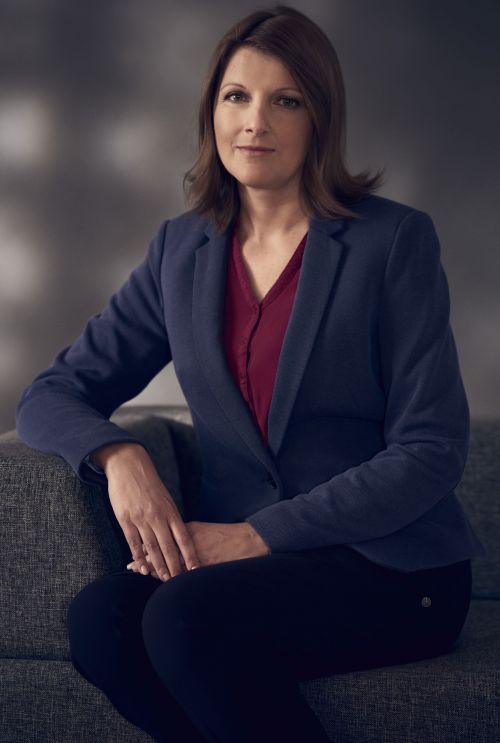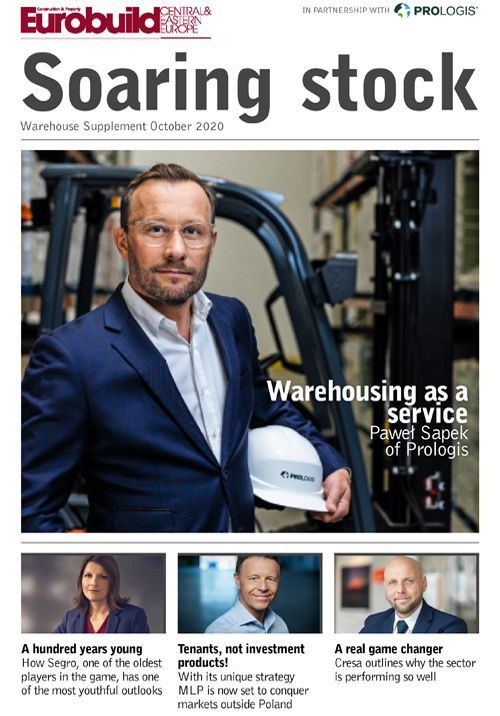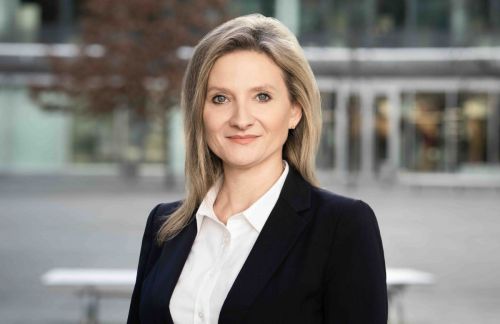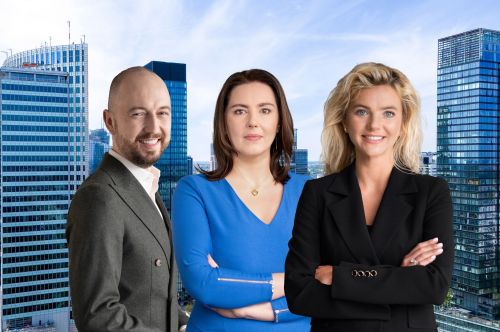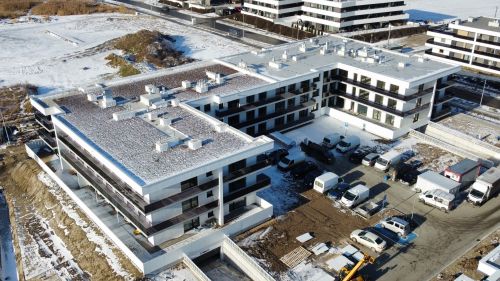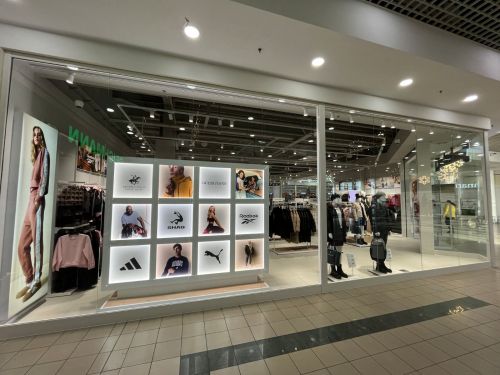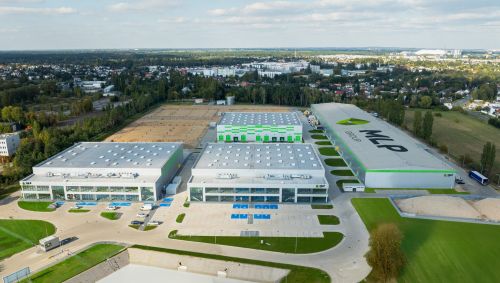‘Eurobuild CEE’: What has changed most for Segro since the outbreak of the coronavirus pandemic?
Joanna Janiszewska, Segro’s regional director in Poland: The most radical change for our company, as both a developer and manager of modern warehouse and production space, was to put in place a new sanitary regime so that our clients could use their space without any disruption. As soon as the pandemic began, we managed to work out the appropriate procedures for this. We are monitoring the situation on an ongoing basis so that additional safety measures can be implemented if necessary. In this challenging time, we have managed to further strengthen our ties with our business partners. Many of them have, in recent weeks, decided to extend their leases in Segro logistics parks. Looking at the warehouse real estate market as a whole, we can see that there has been a change in the investment structure for developments, with a greater emphasis being placed on the importance of
